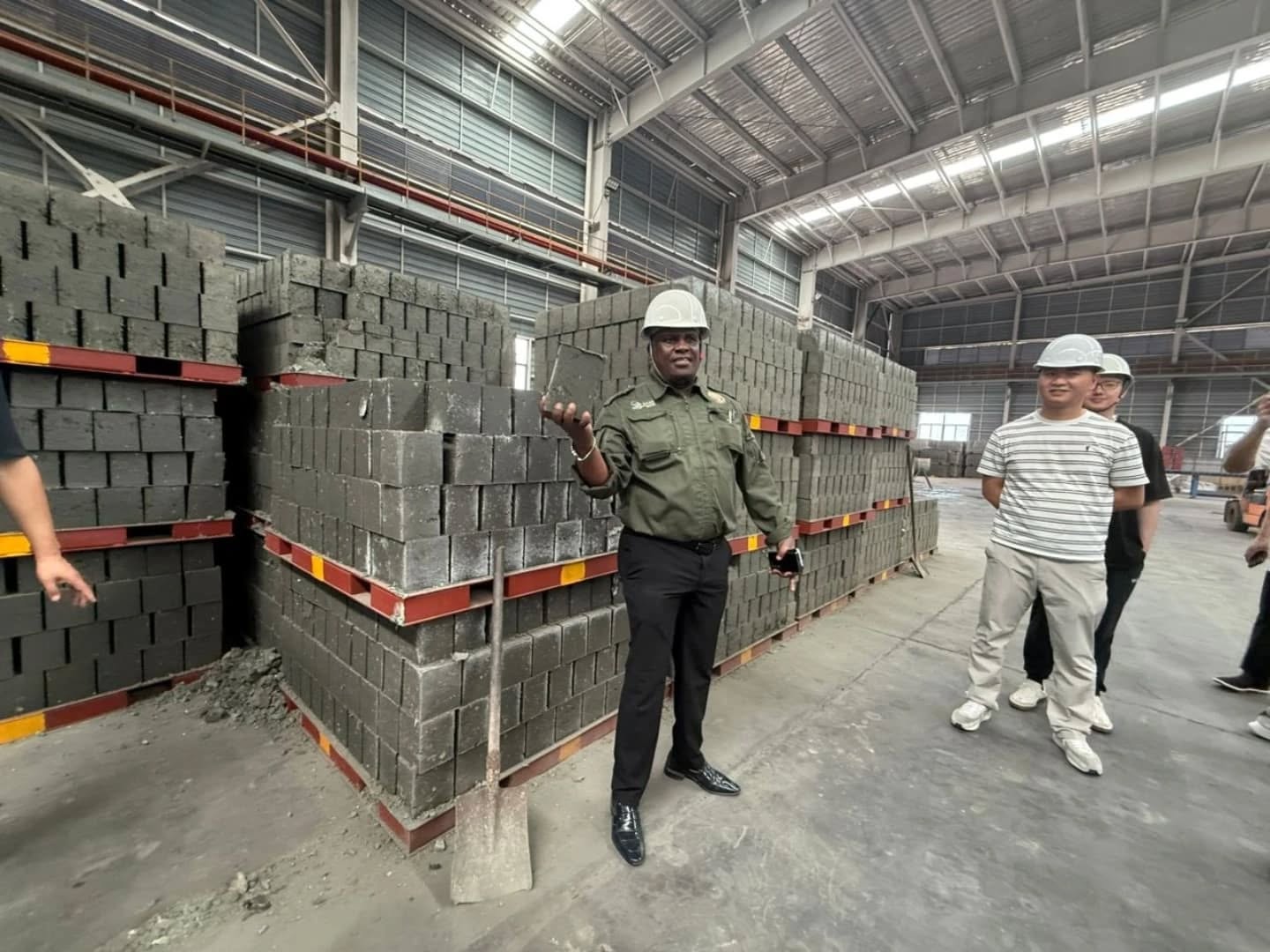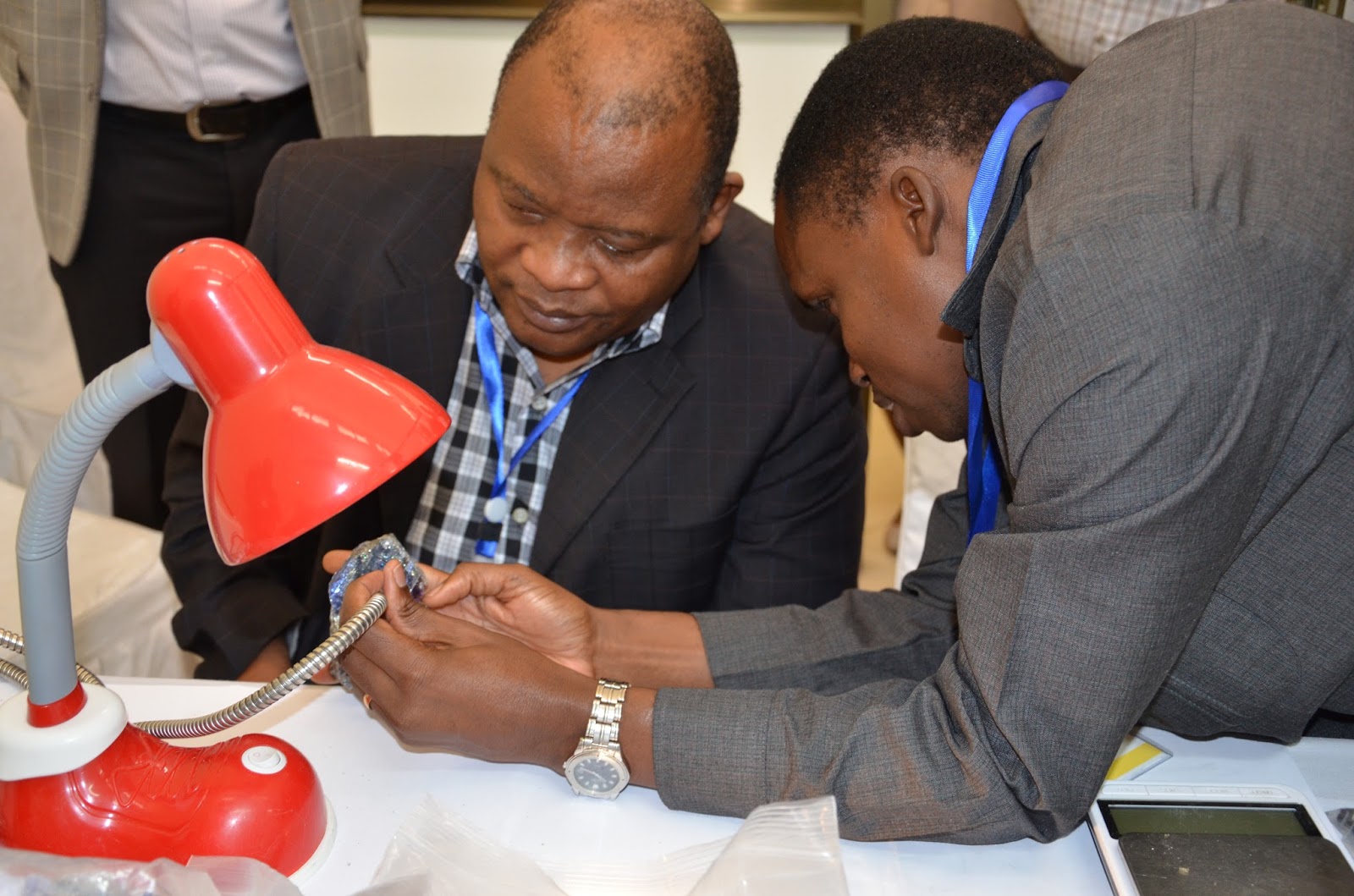Dar es Salaam. The Energy and Water Utilities Regulatory Authority (Ewura) has announced new cap prices for petroleum products, effective Wednesday, October 1, 2025, marking the fifth consecutive month of decline as global prices ease and the Tanzanian shilling strengthens against the US dollar.
According to the official schedule issued by the regulator, retail prices in Dar es Salaam have been set at Sh2,752 per litre for petrol, Sh2,704 for diesel, and Sh2,774 for kerosene, all slightly lower than September’s rates.
Similar reductions have been reflected across the country, offering broad relief to consumers and businesses.
In Tanga, motorists will pay Sh2,813 for petrol, Sh2,766 for diesel, and Sh2,835 for kerosene, while in Mtwara, the respective prices are Sh2,844, Sh2,797, and Sh2,866 per litre.
Inland cities have also seen notable adjustments: Dodoma residents will pay Sh2,831 for petrol, Sh2,783 for diesel, and Sh2,852 for kerosene; in Arusha, the prices are Sh2,861, Sh2,814, and Sh2,883 respectively; and in Mwanza, Sh2,937, Sh2,890, and Sh2,959.
Further inland, fuel prices have declined to Sh2,952 for petrol and Sh2,905 for diesel in Geita, while Mbeya motorists will pay Sh2,884 for petrol and Sh2,837 for diesel.
The highest prices are recorded in remote border districts such as Kyerwa, Karagwe, and Ukerewe, where transportation costs remain high.
In Bukoba, petrol now costs Sh3,002, diesel Sh2,955, and kerosene Sh3,024 per litre.
The October 2025 pricing reflects a sustained downward movement that began in May 2025, when the price of petrol fell to Sh2,947 per litre, diesel to Sh2,868, and kerosene to Sh3,053.
By June, the prices eased further to Sh2,885, Sh2,826, and Sh2,877, respectively.
The trend continued in July, with petrol and diesel dropping to Sh2,877 and Sh2,767, while kerosene fell sharply to Sh2,629.
In August, petrol slid again to Sh2,843, even as diesel and kerosene saw minor rebounds to Sh2,777 and Sh2,768.
September recorded further relief at Sh2,807 for petrol, Sh2,754 for diesel, while keresone went up slightly to Sh2,774, setting the stage for October’s even lower levels.
Ewura’s director general, Dr James A. Mwainyekule, attributed the latest adjustments to the combined effect of a 5.1 per cent decrease in the exchange rate and moderated international prices.
“The Authority used prevailing market indicators, including Free-On-Board (FOB) reference prices, port premiums, and exchange rates, to set equitable cap prices for October,” he said.
The regulator said FOB prices in the Arab Gulf increased by 2.8 per cent for petrol, 3.65 per cent for diesel, and 3.57 per cent for kerosene, while premiums fell by 1.95 per cent for petrol and rose by 2.39 per cent for diesel at the Dar es Salaam port.
In Tanga and Mtwara, premiums increased slightly, but these were offset by the stronger shilling.
Under the Petroleum Act (Cap 392, Section 166), EWURA reminded oil marketing companies and retailers that fuel must not be sold above the published cap prices.
“Retailers and wholesalers who breach these limits will face legal action,” the statement warned.
The Authority also instructed all petrol stations to display pump prices clearly on visible boards, showing any discounts or promotions, and to issue receipts through Electronic Fiscal Pump Printers (EFPPs) for every sale.
Consumers are urged to demand and keep receipts as proof of purchase in case of overpricing or disputes regarding fuel quality.
For convenience, members of the public can access up-to-date cap prices across all towns and districts by dialling 15200#, a free service available on all mobile networks.
Economists have welcomed the continuing price reduction, saying it is expected to ease production and transport costs while cushioning households against inflationary pressures.
The latest trend, they noted, underscores Tanzania’s regulatory stability amid volatile global energy markets.







